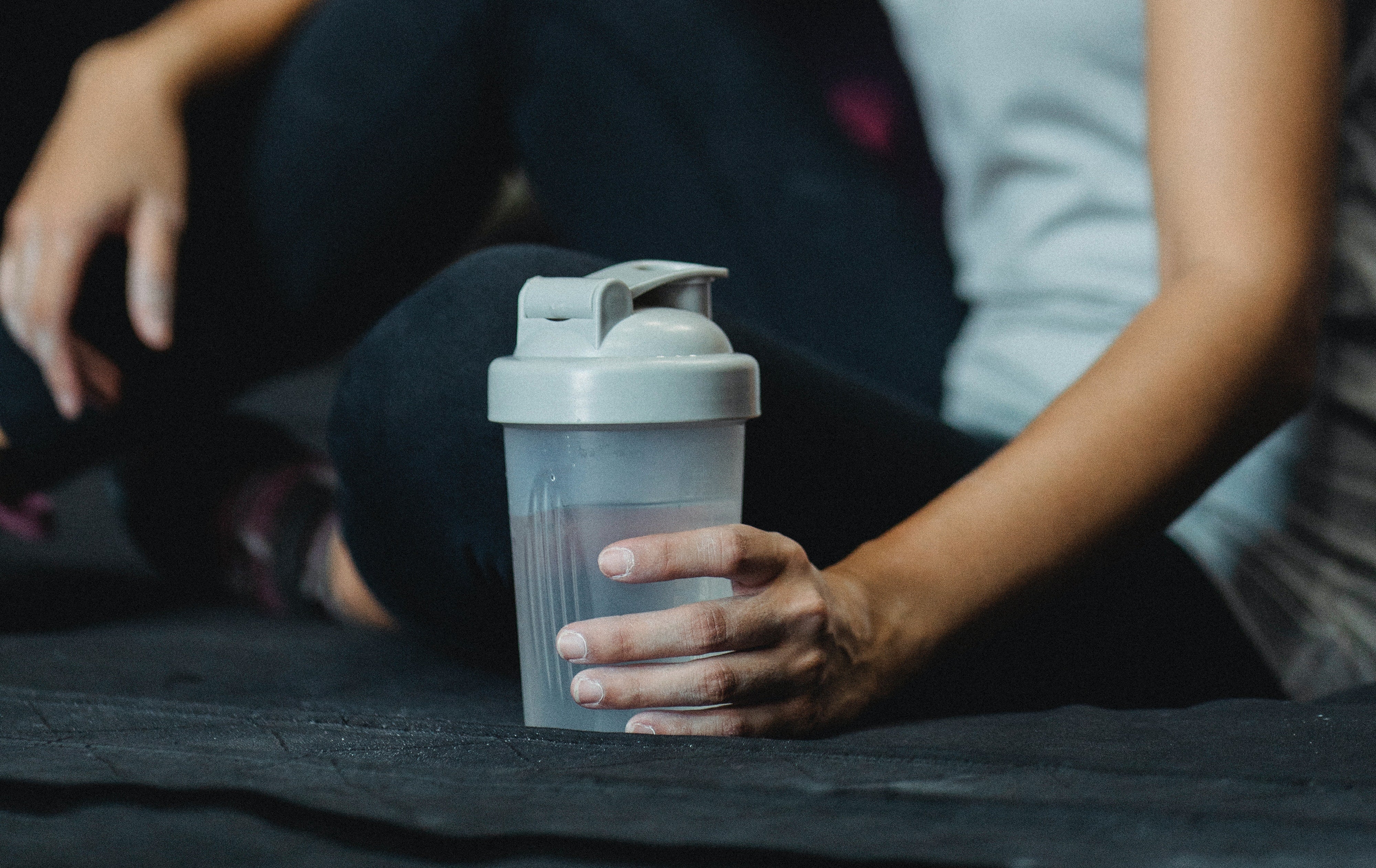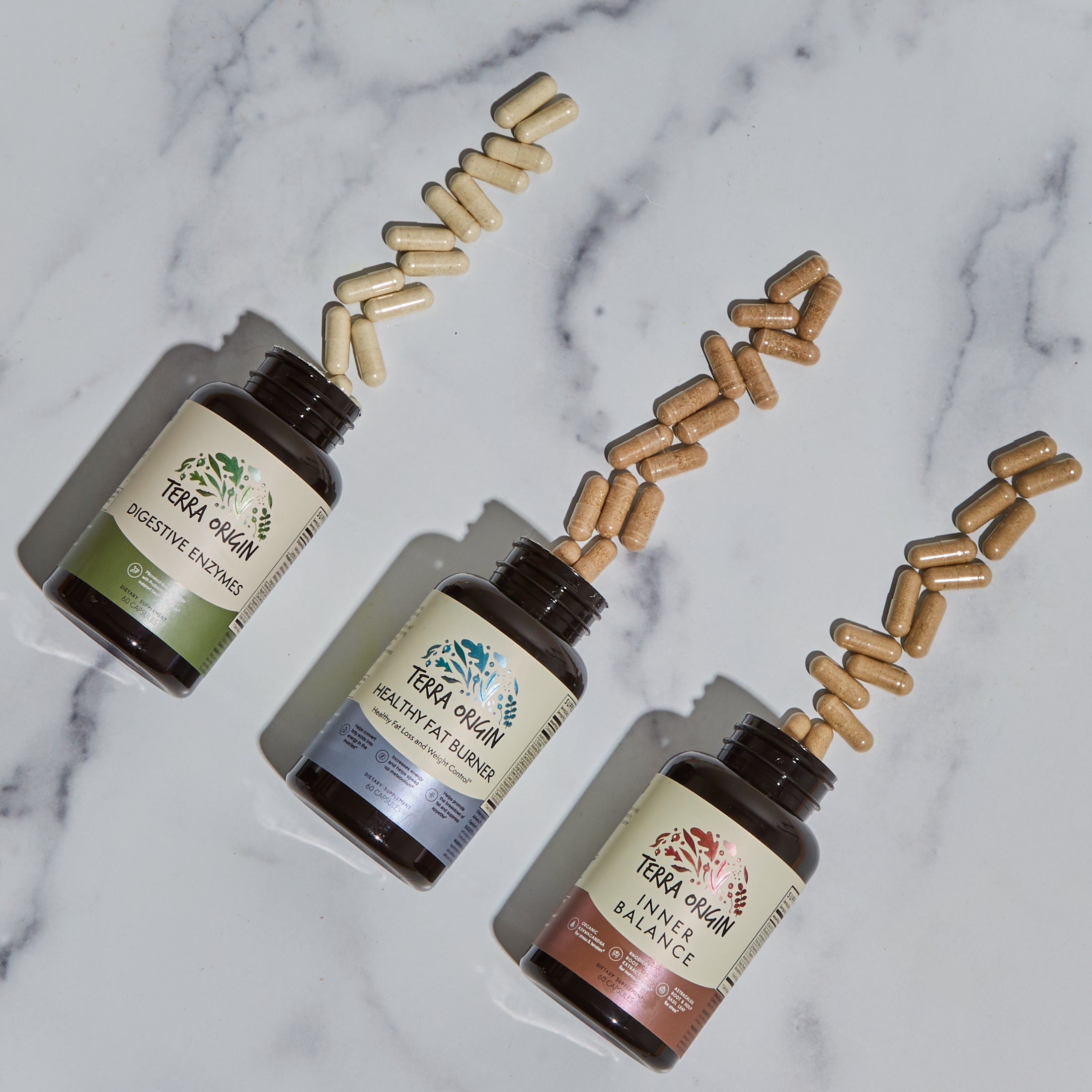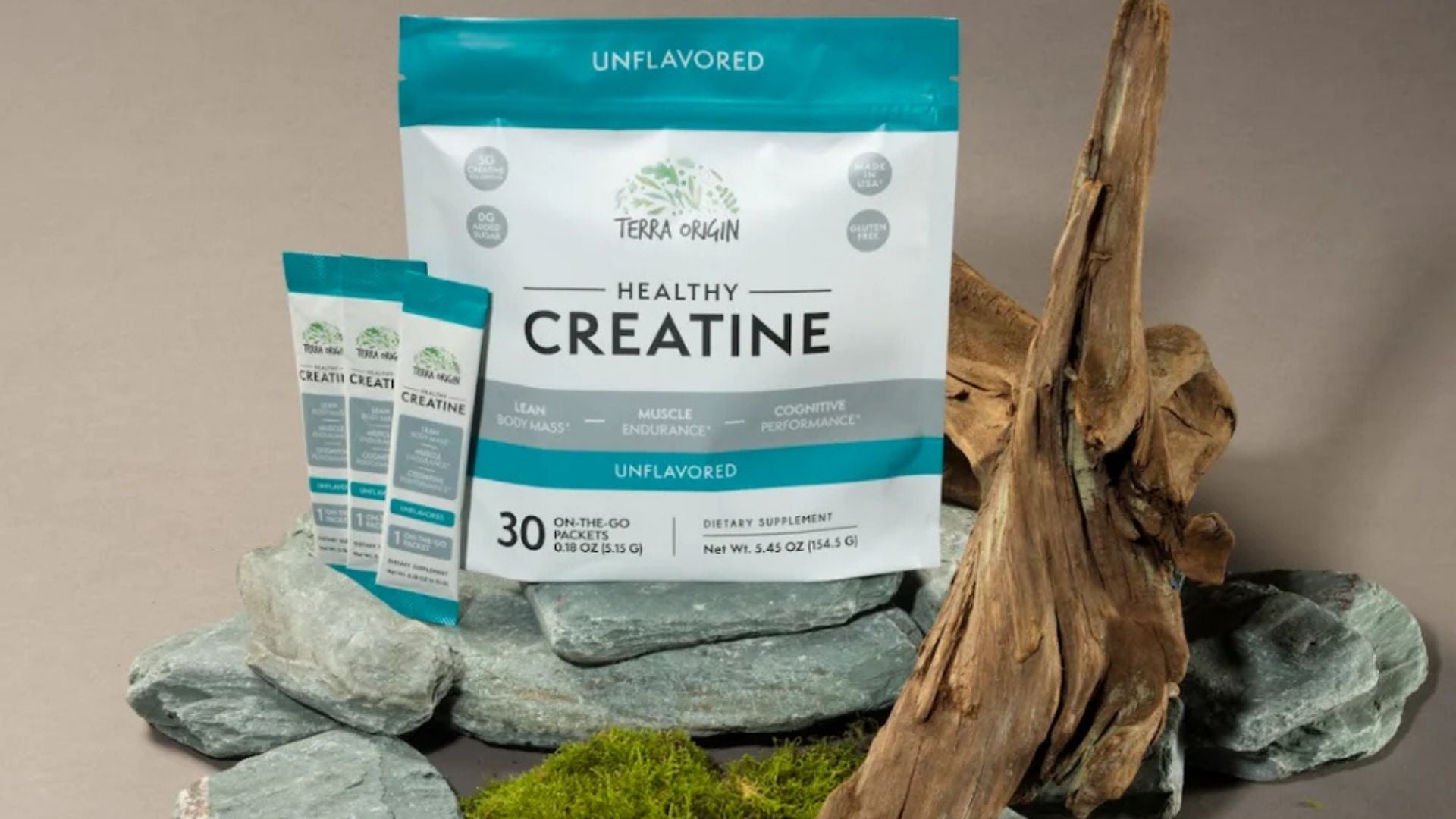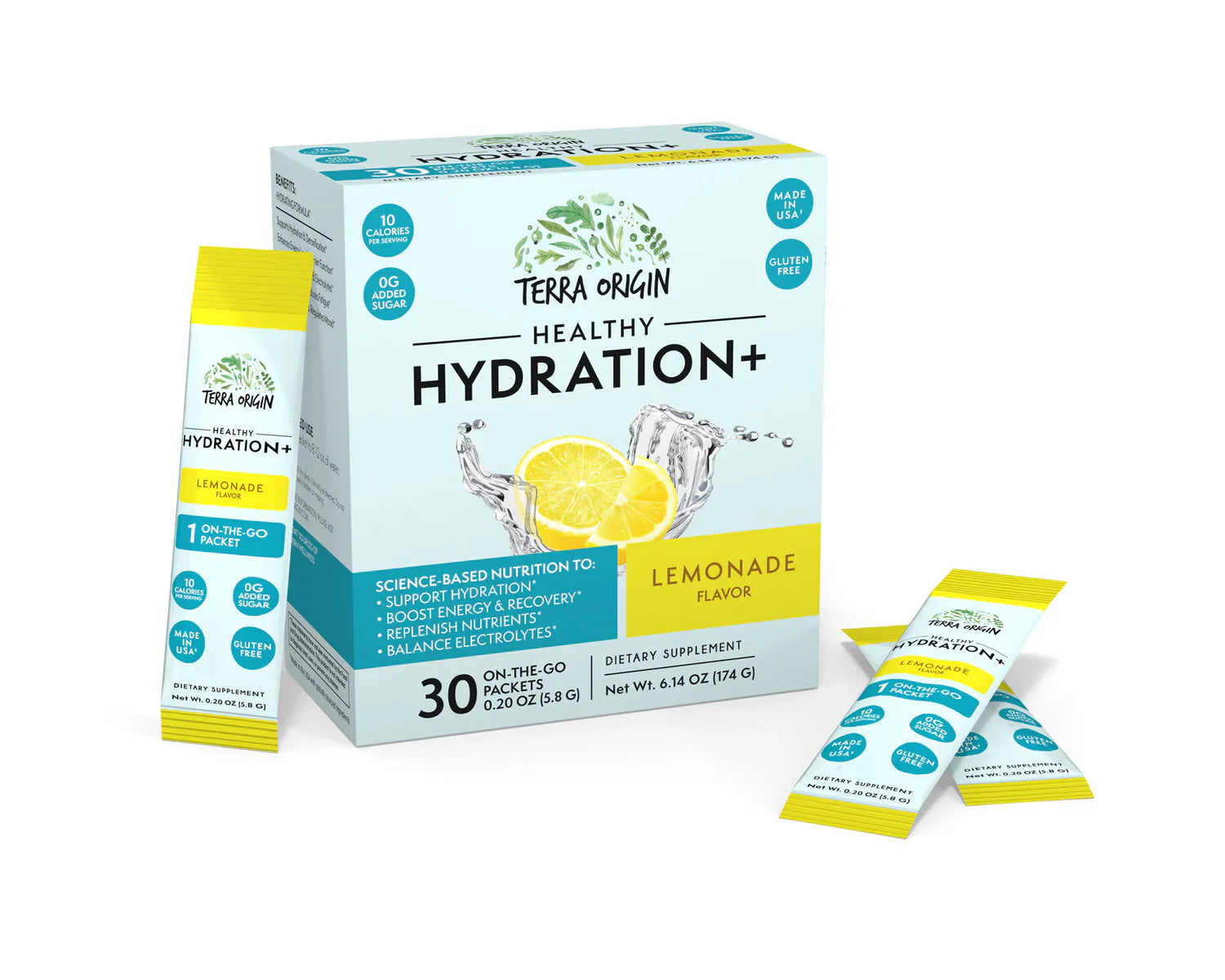Why Proper Hydration is Crucial…Even in Winter.

It may seem counterintuitive, but staying on top of hydration is just as important in winter as it is in warmer months.
Every summer we hear how important it is to stay hydrated. Soaring temperatures, sweaty workouts, and lounging under a sweltering sun all make it obvious that we need to be replacing the fluids we lose throughout the day…and then some. We pack our reusable water bottles everywhere we go and relish in icy cold beverages every chance we get.
But what about when temperatures start to drop and we find ourselves reaching for sweaters and beanies in place of sunscreen and visors? (People are still wearing visors, right?) Well, it turns out we need to be just as vigilant about hydration in the dead of winter as we are in the peak of summer. In fact, you may be shocked to learn that our chances of dehydration actually increase in colder months.
Why we need to focus on staying hydrated even when the weather turns cold.
You probably notice that every winter your skin gets a bit dryer, and it's important to understand that dehydration is more than just skin deep. You may also notice that you simply aren’t as thirsty when it's cold out — chugging water just doesn’t feel as refreshing in a snow storm! So, unless you’re deliberately tracking your water intake, you’re probably unconsciously consuming less. What’s more, our sweat evaporates much more quickly in cold, dry air so we’re prone to underestimating our levels of exertion throughout the day.
Even early stages of dehydration — when we just begin to feel thirsty — can have a negative impact on our daily lives. These negative impacts may include:
- Difficulty concentrating
- Poor memory
- Fowl moods
- Dry, itchy skin
- Low energy, lethargy, and fatigue
- Dizzy spells
- Sugar cravings
Beyond minor dehydration and feeling thirsty, chronic dehydration (consistently consuming less water than your body needs) can even lead to serious health conditions like kidney disease, kidney stones and diabetes. No thank you; please pass the water!
So, what can we do to stay hydrated in the dead of winter?
The seemingly obvious answer is to drink more water. Carry water with you and try to at least loosely monitor how much you consume throughout the day. A good practice is to drink half your body weight (in pounds) in fluid ounces of water. So, a 200-pound person would want to aim for 100 ounces of water daily. If needed, set reminders on your phone to take a few sips or get your friends involved in a winter hydration challenge to help keep you consistent and accountable.
But there's more to proper hydration than just drinking water. And even people who drink water all day long can still be at risk of dehydration, depending on their environment and other dietary habits (hint: see point below on avoiding alcohol). Here are some other ways to keep your body hydrated when it's extra cold out:
- Eat your water: Say what? Winter is the perfect season for soups and stews, and they can become especially nutrient dense with the addition of winter greens and seasonal vegetables.
- Eat plenty of fruits and vegetables: These foods tend to have a high water content and pack the added nutritional punch of loads of vitamins and minerals your body thrives on.
- Sip on bone broth: It’ll give you a solid dose of hydration plus collagen, amino acids, and it can help improve digestion.
- Add supplements that are both delicious and effective: Terra Origin’s delicious berry-flavored Electrolyte Powder helps replace electrolytes, which are essential for our cells and organs to function properly and are often lost to dehydration. This super convenient powdered formula also contains elements with anti-inflammatory and anti-microbial effects, as well as vitamins B6, B3, B1, B12 and D3.
- Warm beverages with benefits: Reach for cozy, warming drinks that offer additional health benefits such as green tea, all natural apple cider, mushroom-based coffee alternatives and matcha.
- Avoid consuming alcohol: Bottom line: alcohol is a diuretic and causes your body to flush fluids from its system. So, if you’re looking to stay hydrated this winter, keep the hot toddy consumption to a minimum, or better yet reach for a mocktail instead.
Are you getting enough liquids to stay hydrated this winter?
Start by getting ample water down each day, and be sure to implement some of these tips to really dial in your winter hydration game. The most common sign of dehydration is thirst, but by the time you feel thirsty you’re already in the red.
And don’t forget about the more subtle signs of dehydration. If you feel yourself struggling to focus or becoming fatigued or dizzy, it may be more than winter blues — you might be dehydrated. Additionally, dry skin can be a clue to what’s going on internally. To stay hydrated inside and out, recruit heavy-hitting electrolyte supplements like our Electrolyte Powder . It’ll help keep your body and brain hydrated and healthy this winter…and beyond.




